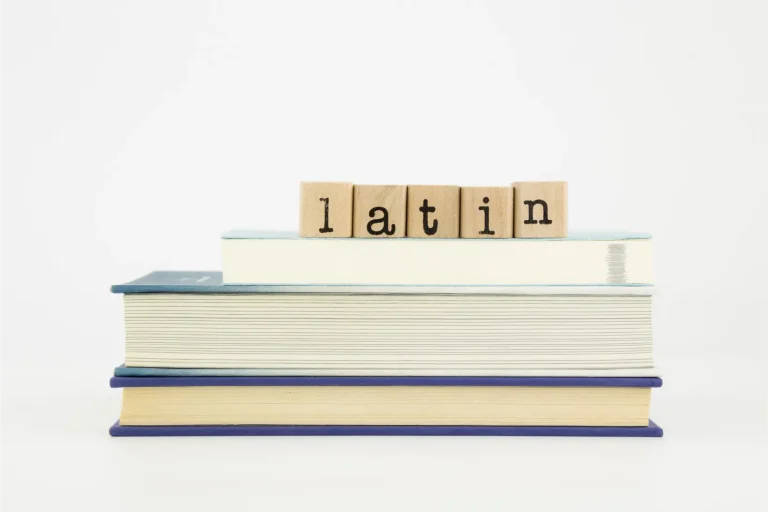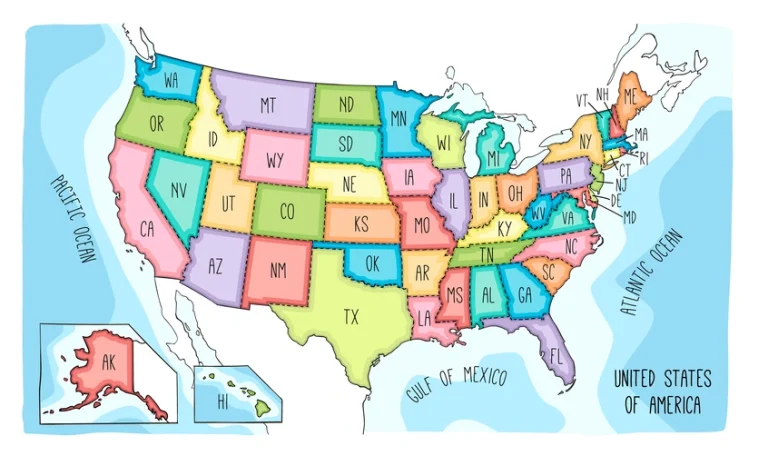Classes to take in psychology major
Psychology major studies involves various fields, such as math, statistics, sociology, and writing, because it is an interdisciplinary field. Therefore, one may have a different focus based on which branches they want to pursue. Generally, high school students interested in psychology should build a strong foundation in social sciences and statistics, as well as improve their writing and communication skills.
To get a more concrete idea of what you should study to be prepared for a Psychology Major, we will look through the sample curriculum of a Psychology Major at Stanford University and Villanova University.
Stanford University
Prerequisite
PSYCH 1 Introduction to Psychology
PSYCH 10 Introduction to Statistical Methods: Precalculus
Area A
PSYCH 30 Introduction to Perception
PSYCH 35 Minds and Machines
PSYCH 45 Introduction to Learning and Memory
PSYCH 50 Introduction to Cognitive Neuroscience
Area B
PSYCH 60 Introduction to Developmental Psychology
PSYCH 70 Self and Society: Introduction to Social Psychology
PSYCH 75 Introduction to Cultural Psychology
PSYCH 80 Introduction to Personality and Affective Science
PSYCH 90 Introduction to Clinical Psychology: A Neuroscience Perspective
PSYCH 95 Introduction to Abnormal Psychology
1 Writing course
Villanova Univeristy
Required Core Courses
Introduction
PSY 1000 – General Psychology (3 credits)
Methodology
PSY 2000 – Introductory Statistics (3 credits)
PSY 2050 – Research Methods in Psychology (3 credits)
Career Planning
PSY 2100 – Seminar in Professional Development (1 credit, S/U)
Capstone Experience
PSY 5150 – Foundations of Modern Psychology (3 credits)
OR
PSY 5250 – Contemporary Issues in Psychology (3 credits)
Foundation and Elective Courses
Foundation Courses
Foundation Laboratory Courses
Additional Electives (graded satisfactory/unsatisfactory – cannot be used as psychology electives)
- If you look at these sample curricula from two universities, the overall requirements involve foundational psychology classes in different branches, calculus classes, writing classes, and laboratory sessions. Since high school curricula focus on providing a well-rounded education in all fields, you often won’t find psychology-focused courses; so, taking classes in supporting fields is a good start in this case.
- If your high school offers them, we recommend that you take these classes related to psychology: Introduction to Psychology, Advanced Psychology, and AP Psychology. They will allow you to confirm your interest in psychology, learn about different branches of study, and gain more knowledge and experience while preparing for college. Some schools offer specialized psychology courses like social, sports, developmental psychology, organizational psychology, natural science, health psychology or counseling psychology. Remember to check your school’s academic classes to see if there are any psychology classes you’re interested in.
- Calculus, Algebra, or Statistics: Math classes are crucial in creating a foundation for data analysis research. Therefore, taking high school classes in math – from introductory to advanced courses – will help you prepare for the rigorous college courses. In psychology, statistics typically includes probability, data visualization, graphing, and hypothesis testing methods such as T-tests, Chi-square tests, and ANOVA. Your high school courses may not teach you about these testing methods specifically, but they can help you learn more about variables, exponents, graphs and probability.
- Biology and psychology are intersecting disciplines, especially neuroscience and biology. By studying biology, you will become familiar with human anatomy, the nervous system, genetics, mental processes, brain anatomy, evolution, and human behavior. This knowledge is essential when approaching psychology because neurons are the basic units of life that specialize in receiving and transmitting information from one part of the body to another.
- Social science classes, such as History, Sociology, and Geography, also contribute to a more robust understanding of psychology. Humans behave differently from other animals because of where they come from, the environment in which they grew up, or their upbringing. Having good common knowledge strengthens one’s problem-solving and thinking skills, which are essential for success in pursuing a career in psychology.
- English classes such as writing, academic writing, and public speaking classes serve to help psychology students with communication skills. Whether you want to focus on a research route or practice (psychiatric, therapist, etc.), you should have strong verbal and written communication skills. Building a strong foundation in these skills early in high school will help you to master other critical hard skills moving forward.
Extracurricular activities related to psychology in high school
Besides classes, extracurricular activities are great opportunities for high school students to prepare for psychology major.
Psychology Club
A high school Psychology Club can be an ideal space for students to participate in psychology-related activities. Psychology activities can range from community service and discussion panels, to lab tours and hearing guest speakers. Community service activities could include volunteering at a mental health care facility or fundraising for a mental health organization. Students can also create their own discussion panels with topics proposed by peer or e-board members. Clubs can also invite guest speakers, such as psychology professors or professionals in the field, to share insights and advice with students. Students may also participate in lab tours of local university laboratories that conduct psychological research.
These and similar activities can help students pursue their passions, meet people with common interests, and gain valuable insights from experts or fellow students. If there is no Psychology club at your school, you can always consider creating your own club. Creating your own club helps indicate your dedication to the field, also establishing you as a leader who takes initiative and is willing to assume leadership responsibility.
Job Shadowing/Externship and Internship
Job shadowing is another excellent opportunity for students to advance their interest in the field. There are various ways to gain experience and exposure to psychology through internships, externships, or short-term job shadowing. The first step for finding job shadowing opportunities is to search for local psychiatrists around your area. You can also reach out to professors at local universities to ask about research opportunities. For example, this student from a high school in Illinois conducted research and participated in an internship with professors at the University of Illinois Urbana-Champaign.
Independent Research
Independent research is another option for students who already have a foundational knowledge in psychology and are interested in conducting further research in a specific branch of the field. Students should reach out to their teachers or school counselor to see what opportunities may be available to them. Because this is an independent research project, you will be solely responsible for your work; however, you will usually also have a mentor or advisor to guide you through the process and provide insights into the topic you want to research. A mentor or advisor should be someone who is passionate and has in-depth knowledge about your topic of interest.
If your school doesn’t have a strong psychology curriculum, consider signing up for Aralia’s Psychology program. We are currently starting a new program called Advanced Psychology for students with previous experience and foundational knowledge, along with existing classes like Intro to Psychology and Psychology Research, depending on your needs. More information can be found below:
Take Aralia Psychology Courses to get ahead

This Psychology Research Program takes knowledge from the Introductory psychology course, leads students to understand all aspects of psychology, and explores their interests through conducting research. The professor will guide students through an empirical review of current psychological literature.

This course is an introduction to Psychology – what many describe as the science of the mind and behavior, concerned with how and why human beings do what they do. In some ways, this course is like a tasting menu at a fancy restaurant – you get the opportunity to try various aspects of various disciplines of this fascinating science and see which one(s) excites you. This course allows you to learn the basics in each of the major branches of psychology today.










